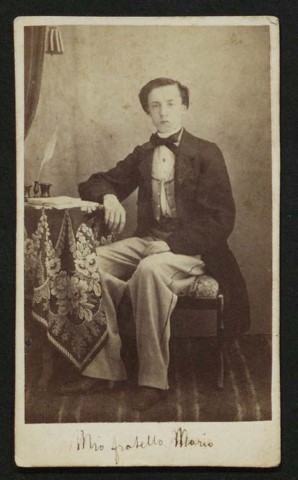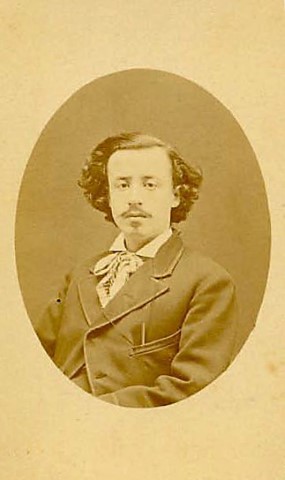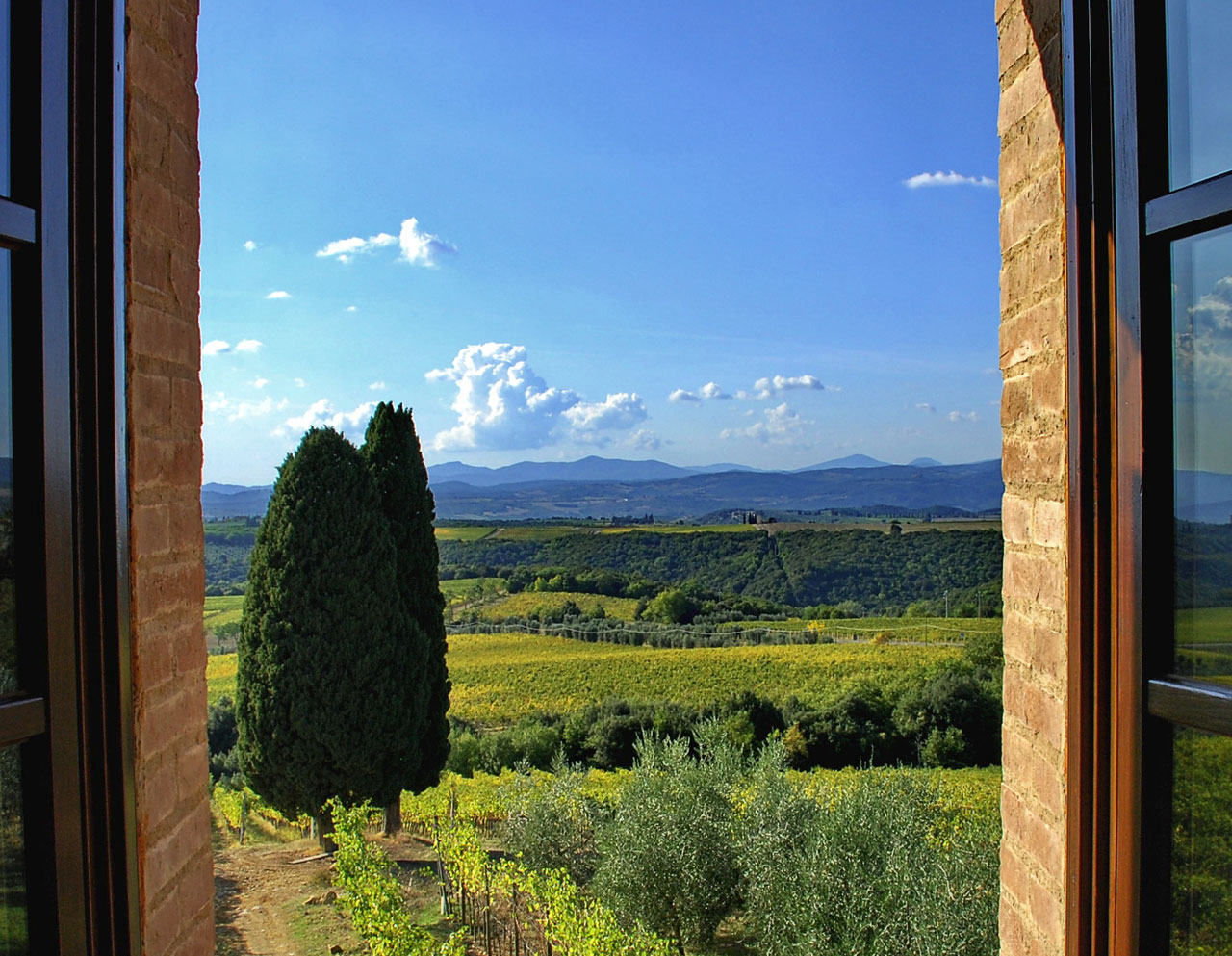A Centenary Commemoration
Mario Pratesi
Mario Pratesi:
An Introduction

Mario Pratesi was born in Santa Fiora on Mont’Amiata near Grosseto, Italy in 1842. A sensitive child, he never shook off the haunting spectre of having seen his mother dead; a four-year-old desperately trying to wake her as she lay, as was the tradition, in the family home before burial. A morose youth, he was hospitalized for his intense depression. Released from the sanatorium, he knew he wanted to write. His father, caring, worrying despite his fussy patriarchal attitudes, hoped to strengthen this third son of his by sending him to a military school, following in the footsteps of his brothers Tito and Dante. But Mario rebelled. He left the city of his adolescence, Siena, for the much more cosmopolitan Florence, where a new world opened up for him. But not the world of the writer. Instead, pressured by the ineluctable need to have a steady source of income, he eventually became a teacher, but he regretted daily the time that his profession demanded of him. By all accounts, he was a careful, caring teacher.

![Mario Pratesi, [n.d.].](images/exhibition/introduction/thumbs/Mario_Pratesi_Florence_n.d.jpg)
Nonetheless he continued to nurture his dream of writing; when classes had ended, when assignments and exams had been put away after marking and correcting, he turned to his vocation. He wrote. He wrote newspaper articles, he wrote book reviews, he wrote memorials for various newspapers and periodicals. He wrote short stories, novellas, travel accounts and also, in those hours stolen from his increasing commitments to education and its bureaucracy, he also wrote novels. Jacopo e Marianna (originally Le viole di Marianna, 1871), Da Fanciullo (1872), L’Eredità, Il mondo di Dolcetta, Le Perfidie del caso, Il Peccato del dottore (1902). Friends recognized his talent and encouraged him, both morally and financially. Pratesi retired from teaching in 1906, recognized and respected as a writer. Some of his best short stories were yet to come, as he finally dedicated all his time to writing. His poverty and terminal illness notwithstanding, he continued to write and to hope that his works would remain to future readers. According to some critics he exemplified the Tuscan version of the Verismo movement. But after he died with no direct heirs in September 1921, no one promoted his works and as his friends too slowly passed away, Pratesi became, as so many authors of his time, a footnote in Italian histories of literature.
![Mario Pratesi, [n.d.].](images/exhibition/introduction/thumbs/Mario_Pratesi_Milan_n.d.jpg)
![Mario Pratesi, [n.d.].](images/exhibition/introduction/thumbs/RS16815_m_pratesi_2009_19_b05_fi09.jpg)
![]() Tuscany, Italy
Tuscany, Italy
Photography by klau53 at flickr

